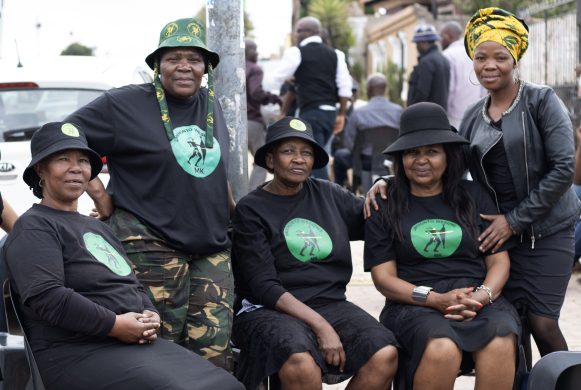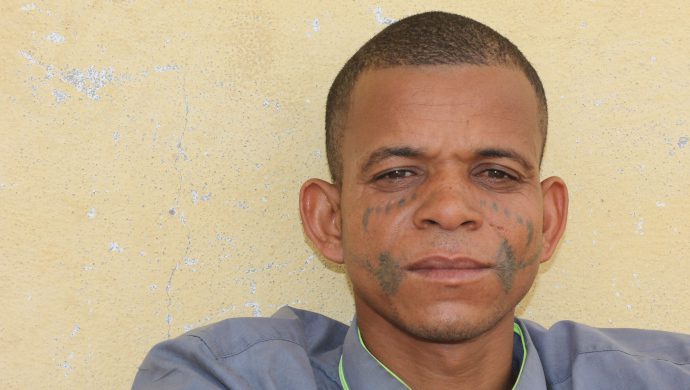Afghanistans undervisningsministerium har budt et Taleban-dekret om ikke at angribe skoler og skræmme skolebørn velkommen. 350 skoler er stadig lukket, da børnenes sikkerhed er truet.
KABUL, 29 March 2011 (IRIN) – Taliban “supreme leader” Mullah Mohammad Omar has issued a decree instructing insurgents not to attack schools and intimidate schoolchildren, according to the Afghan Ministry of Education (MoE).
“In his message to a Taliban military council in Khost Province [southeastern Afghanistan], Mullah Omar said attacks on schools and students are the work of the enemies of Afghanistan and Islam,” MoE spokesman Sefatullah Sapai told IRIN, adding that the Ministry was not in direct contact with the insurgents.
An MoE statement on 29 March “sincerely” welcomed the Taliban’s announcement, and expected its “honest implementation”.
No Taliban spokesperson was immediately available to confirm their reclusive leader’s message on schools.
Over 300 schools have been reopened in secure parts of the country over the past year, after tribal councils were given the nod by powerful insurgents.
About 350 schools are still closed mainly due to insecurity and threats, thus depriving over 200,000 children of an education, MoE said.
During their rule in Afghanistan (1996-2001), the Taliban barred females from attending schools or colleges. However, MoE says there are currently 2.4 million girls and almost five million boys enrolled at 13,000 schools across the country.
“We plan to reopen all the closed schools and build 1,000 new schools in 2011,” said Sapai.
Despite the reported progress, about 4.5 million school-age children are deprived of an education due to various social, economic and security problems, according to MoE.
A group of 16 local and foreign aid agencies warned in a report on 24 February that girls’ education was at risk in Afghanistan due to “poverty, growing insecurity, a lack of trained teachers, neglect of post-primary education and poorly equipped schools”.
Literacy rates in Afghanistan are among the lowest in the world – 18 percent for females and 49
percent males. Such rates exacerbate poverty and cause other problems, according to the UN Children’s Fund.














